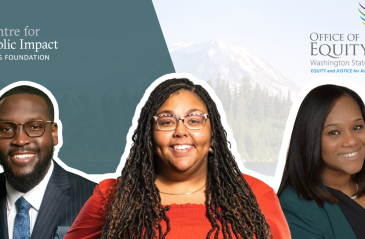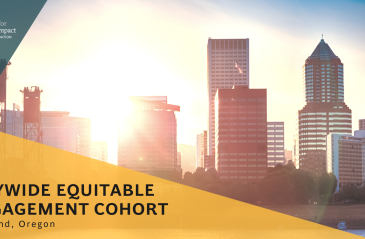
Five things we recently learned about difficult conversations

@JustinTrudeau has talked the talk on #reconciliation for Canada's #Indigenous Peoples but much more needs to be done, says @R_mmoore
Share articleA new report from @ppforumca sets out how to bridge the divide between Canada's Indigenous Peoples and their country's government
Share articleCanada must redefine the balance of power and share that power with Indigenous Peoples – just one of six new recommendations from @ppforumca
Share articleWe put our vision for government into practice through learning partner projects that align with our values and help reimagine government so that it works for everyone.
Today, the Public Policy Forum (PPF) released our report Legitimacy in Reconciliation: A Path Forward. This report details the unconference PPF undertook on November 29 with 30 young Indigenous people from across Saskatchewan. PPF is grateful for the support of partners who made this unconference happen: The Centre for Public Impact, First Nations University, the Johnson Shoyama Graduate School of Public Policy and the Government of Canada.
There are three things I want you to know about this report: Magic, March and Momentum.
Magic is the best word I can find to describe the unconference process and the tremendous young people we met that day. Each one of the participants has the potential to be an agent of change in their family, their community and for this wonderful country, we all call home. They are humble, honest, intelligent, articulate individuals. Collectively, they offer simple recommendations that are all the more obvious and earnest coming from our future Indigenous leaders. I sincerely hope the six recommendations below will inspire Indigenous leaders, provincial and federal public servants, and political leaders to act together in Canada's best interest.
This report was initially due to be released in March 2018. In light of the Cormier and Stanley trial verdicts that dominated Canadian discourse at the time, PPF pulled the paper back and reached out to two of the unconference participants for their help. Moses Gordon and Nickita Longman have produced a letter that is both rich and raw. Their letter tells us, frankly, what those verdicts mean to young Indigenous people in Canada. Their voices have enabled us to preserve the hopeful integrity of the original report while demonstrating how fragile reconciliation is in Canada; how much work we have yet to do.
This report is just a very small part in a big chapter of Canadian history called reconciliation. PPF will continue to engage young Indigenous people across Canada in discussions of this nature, to strengthen the voice of future Indigenous leaders in Canada and ensure the path to reconciliation is one of authenticity and legitimacy. We invite all interested Canadians to join us in building momentum for this movement.
Here are the six recommendations, put forward by the young Indigenous leaders from Saskatchewan, to build an authentic, legitimate nation-to-nation(s) relationship.
What is legitimacy to you? Where do you see legitimacy working well? How governments work with citizens to build legitimacy is a big question for CPI.
Find out how to get involved in our Finding Legitimacy project
Editorial credit: arindambanerjee / Shutterstock.com











